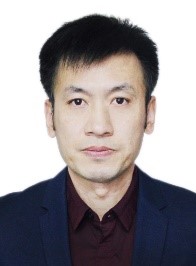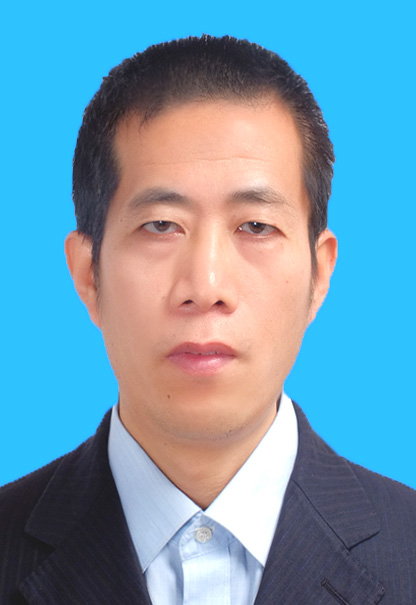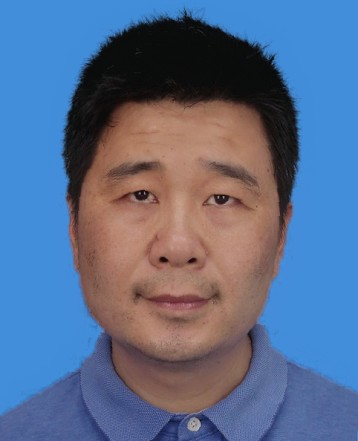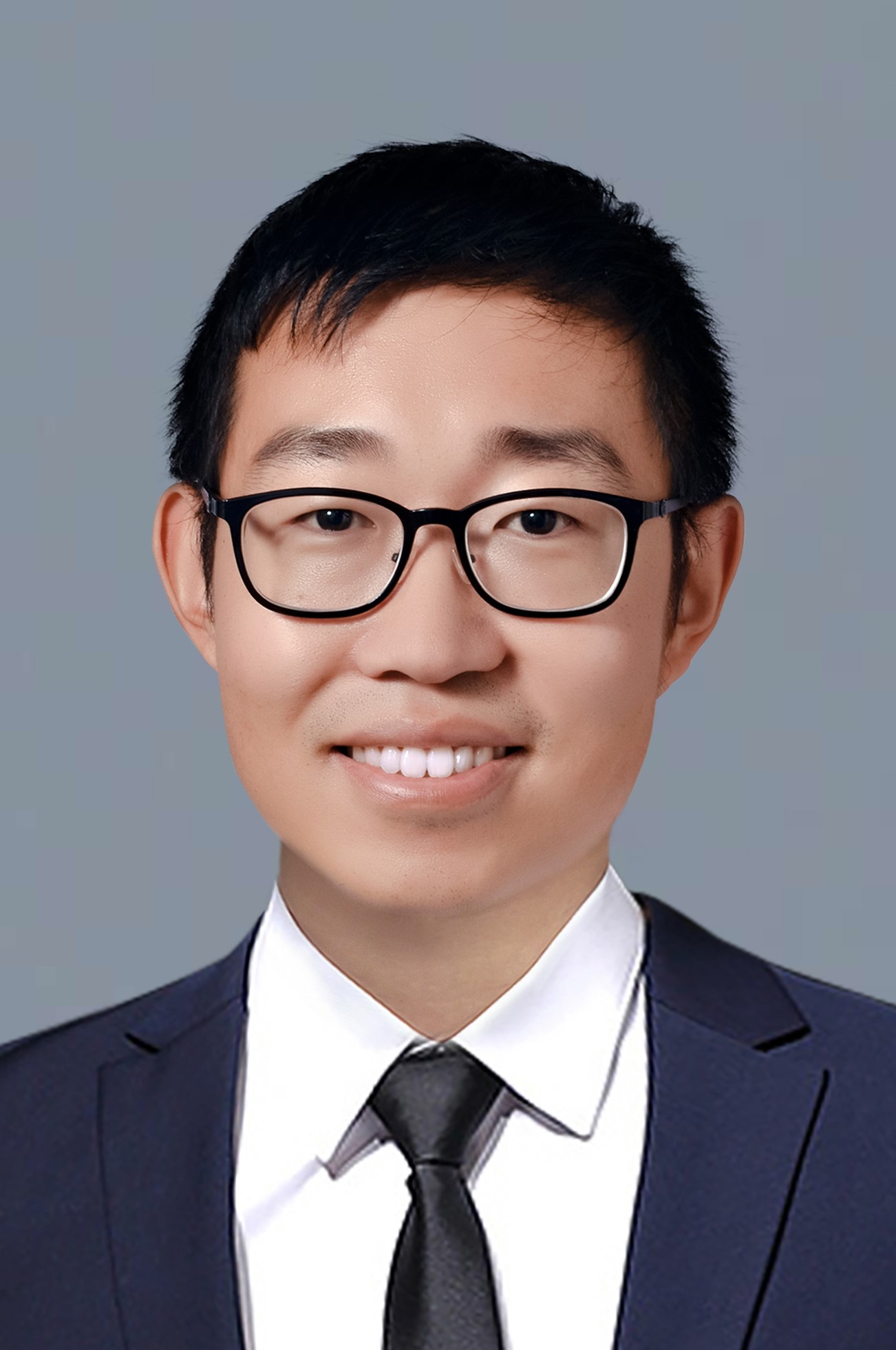
IPODT 2024
| Prof. Zhenghao ShiXi’an University of Technology, China (IEEE Senior Member)Shi Zhenghao, Ph.D., Professor, Doctoral Supervisor, Member of the Academic Committee of Xi'an University of Technology, Outstanding Member of CCF, IEEE Senior Member, "500 Elite Talents" of Taizhou City, Zhejiang Province, Executive Director of Shaanxi Computer Society, Chairman of the "Computer Vision Technology Professional Committee" of Shaanxi Computer Society, Vice Chairman of the "Biomedical Intelligent Computing Professional Committee" of Shaanxi Computer Society, Head of the "Intelligent Image Processing and Application" research team at Xi'an Technological University, with main research directions in machine vision, medical image processing, and machine learning. Published 60 academic papers as first author or corresponding author, authorized 15 invention patents (including 1 South African invention patent), won 2 second prizes of Shaanxi Science and Technology Progress Award (ranked first), 1 second prize of Xi'an Science and Technology Progress Award (ranked first), and 3 second prizes of Shaanxi Higher Education Science and Technology Award (ranked first). Firstly, One second prize for scientific and technological progress from Shaanxi Computer Society (ranked first), one first prize for technological invention from Shaanxi Computer Society (ranked first), and the "Wiley China Open Science High Contribution Author" award. Title: Wide Area Object Detection and Tracking Method Based on Deep Learning Abstract: Based on the research tasks undertaken by our research group in the past two years, we will explore the key issues of wide area object detection and tracking based on deep learning, and report our work on detecting and recognizing wide area objects using deep convolution and Transformer technology. |
Assoc. Prof. Jun WangShanghai University, China (IEEE Senior Member)Jun Wang is an Associate Professor with the School of Communication and Information Engineering, Shanghai University, Shanghai, China. He is a Senior Member of IEEE and CCF. He worked as a research scientist in the Department of Computing, the Hong Kong Polytechnic University in 2010, and as a postdoctoral fellow in the IDEA Lab, The University of North Carolina at Chapel Hill (UNC-CH), Chapel Hill, NC, USA from 2016-2017. His research interests include medical image analysis, computer vision, and pattern recognition. He has published more than 80 peer-reviewed papers in the international journals and conference proceedings. Title: Building Computer Aided Diagnosis Models for Autism Spectrum Disorder in Complex Scenarios Abstract:Autism Spectrum Disorder (ASD) is one of the most complex brain diseases, and its pathogenesis is still unclear. Building ASD computer aided diagnosis models is one effective approach for this task. However, it still faces many challenges, mainly involving complex data sources, diverse modalities, strong heterogeneity, and other aspects. This report takes this as a starting point to systematically introduce the recent research achievements of our group in this field. |
|
IPODT 2023

Prof. Bin Liu, Dalian University of Technology, China
刘斌教授,大连理工大学
Experience:Bin Liu, Professor, PhD supervisor, Head of Digital Media Technology Department, Director and Technical Leader of Liaoning Provincial Key Laboratory of Medical Simulation Technology, High-end talent in Dalian, member of GF project evaluation expert group, CCF member of Chinese Computer Society, ACM member of American Computer Society, MICCAI member. He received his B.E. degree, M.S. degree and Ph.D. degree from Dalian University of Technology in 2000 to 2009, and he conducted a joint research as a visiting scholar at National University of Singapore in 2018-2019. His main research interests are computer vision and graphic images, medical image processing and 3D reconstruction, computer-aided preoperative planning and simulation.

Prof. Xin Xu, Wuhan University of Science and Technology, China
徐新教授,武汉科技大学
Title:Rethinking Data Collection for Intelligent Visual Surveillance
Abstract: AI's success is largely attributed to data intelligence and machine learning, which extracts knowledge, patterns, and models from data. Most current machine learning techniques solve convex problems, but non-convex problems are increasingly prevalent in industry, such as interactive data annotation for visual surveillance. Traditional methods approximate non-convex problems to convex ones, but accuracy cannot be guaranteed. To effectively address complex practical problems and promote AI's integration with the real economy, it is urgent to solve non-convex machine learning problems from the source.
Experience:Xin Xu received the B.S. and Ph.D. degrees in computer science and engineering from Shanghai Jiao Tong University, Shanghai, China, in 2004 and 2012 respectively. He iscurrently a Full Professor with the School of Computer Science and Technology, Wuhan University of Science and Technology, Wuhan, China. His research deals with image processing, computer vision, and deep learning. More specifically, his research areas focus on building a hierarchical person re-identification architecture including detection and recognition for nighttime surveillance scenarios. His publication was selected as the cover paper of the journal International Journal of Intelligent Systems in 2022. He was shortlist in the Best Paper Finalist of the IEEE International Conference on Multimedia and Expo (ICME) 2021.
Invited speakers
Prof. Fengqiu Wang Nanjing University, China 王枫秋 教授,南京大学 |
Prof. Yuda Zhao Zhejiang University, China 赵昱达 教授/研究员,浙江大学 |
Prof. Junjie Qi University of Science and Technology Beijing, China 齐俊杰 教授,北京科技大学 |




